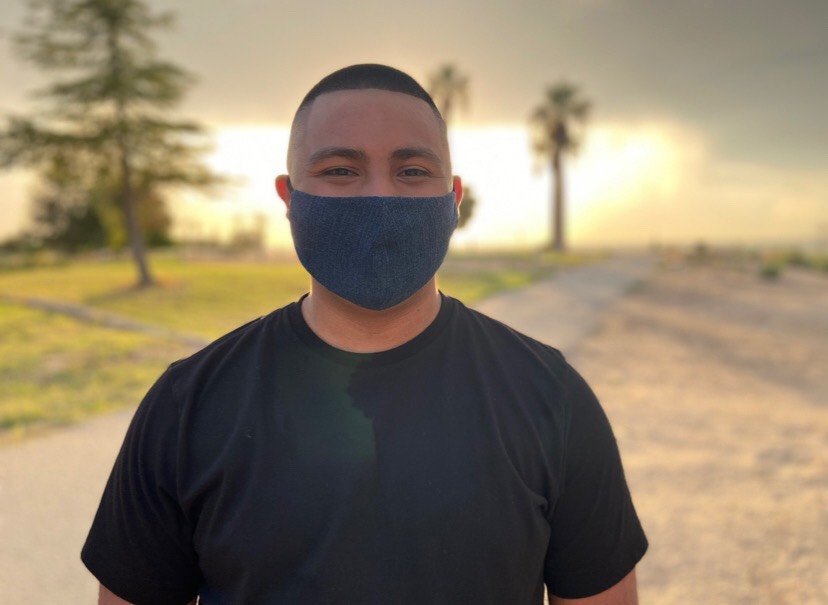
With colleges and universities across the United States announcing online instruction due to COVID-19, students of all backgrounds will be starting their first year of college this week and may need help adjusting to the new normal of online learning.
Since the transition may be difficult for some, five local students who have experience taking online courses shared their insight on how students can be successful in their studies.
Here’s what they had to say.

“Switching to online schooling is definitely one of the hardest experiences I have had in the entirety of my academic career, but it is definitely not a reason to give up. I was able to get through the semester and even end up on the Dean’s List. I recommend taking breaks before and after classes. This includes stepping away from your computer and your phone. Get out of your room and go talk to your parents or go outside in order to give your eyes and mind a rest. It also helps to be smart with your classes. It might be too late, but if you can, try to space out your classes so you’re not in front of a screen for hours at a time. But most importantly, continue to grind, and don’t let this inconvenience distract you from your goals.”
— Hector Jimenez, UC Berkeley student and Bakersfield College graduate

“While transitioning to online learning, two really important skills that helped me stay organized and focused are time management and bullet journaling. At the beginning of every month and sometimes once a week, I take my empty journal and write down to-do lists, assignments, and important dates and deadlines. This method helps me keep track of my time and keeps me focused on important tasks.”
— Marivel Servin, UC Berkeley student and Bakersfield College graduate

“The syllabus is your best friend. Make sure to print it and add the dates onto your calendar. Many students never bother to look at it for some reason and are always confused about when there are major tests. The syllabus is given so it is really up to the student to be proactive and look it over. It is a great way to stay ahead as well. Another tip is to know how to email appropriately. With online classes, your first impression is through email. Don’t be afraid to email your professors. They are there to help, and if they don’t answer, do not shy away from a follow-up.”
— Celeste Ramos, Bakersfield College student

“My number one advice for online classes is attending office hours and communicating with other students. I highly recommend that you make a group chat on GroupMe to discuss lectures and projects together!”
— Breannah Cavazos, UCLA and Bakersfield College graduate

“I’ll be honest, the transition to online lecture was not my favorite. It was difficult to stay concentrated at home [because] distractions were common since I have a big family, and I usually went to the library or a Starbucks to do homework. A proper environment to study is essential for the best learning outcomes. Buy a desk, do not get used to laying in bed! Talk to your family about your schedule and work out a plan that will help everyone. You do not want your siblings or parents to walk into your room while you’re in the middle of a Zoom lecture. Also, always double-check you’re on mute when you’re supposed to be. It’s embarrassing, trust me. For the upcoming Fall semester, I enrolled in as many online-based courses, without Zoom meetings, as possible. I really believe I learn better this way since I have prior experience with them. It all depends on personal preference.”
— Estrella Ramos, Bakersfield College student